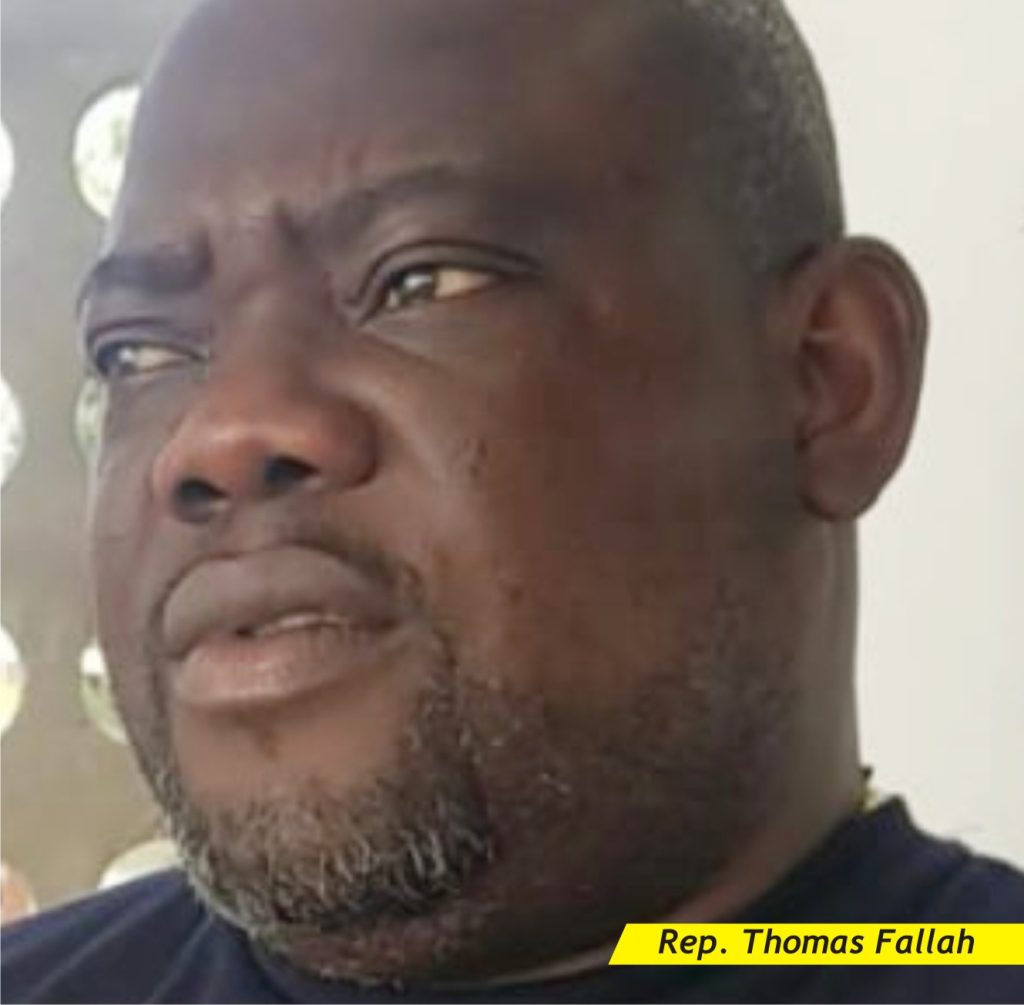On October 24, 2024, tensions escalated within the House of Representatives in Monrovia, as a significant number of members prepared to elect new leadership amidst rising concerns over Speaker J. Fonati Koffa’s position. The opposition group, termed the “Majority Bloc,” has been actively advocating for the removal of Speaker Koffa, citing a range of grievances including allegations of a conflict of interest. A vote of no confidence is required for such a removal, necessitating a two-thirds majority or 49 House members to act in accordance with Liberia’s constitutional requirements. As the moment of decision approaches, public speculation has intensified regarding the stance of Deputy Speaker Thomas F. Fallah, who is also affiliated with the ruling Congress for Democratic Change (CDC).
Deputy Speaker Fallah’s situation is complex, as he currently supports Speaker Koffa. However, with a growing faction of lawmakers aligned against Koffa, Fallah faces mounting pressure to align himself with the Majority Bloc. This group primarily consists of representatives from the opposition, urging Fallah to consider his loyalty to his colleagues and the direction of political tides. Despite standing firm alongside Koffa, the Deputy Speaker appears to be evaluating the implications of his continued support in light of the uprising against the Speaker. The contrasting perspectives within the House have created a precarious dilemma for Fallah that could impact his political future.
The Majority Bloc leads its campaign against Speaker Koffa by focusing on allegations that he has mismanaged his responsibilities and created situations benefiting personal interests. Lawmakers within this faction have claimed that Koffa’s continued leadership compromises the integrity of the House and the legislative process itself. Their public calls for Fallah’s inclusion within their coalition suggest that they view his alignment as critical to achieving the necessary majority vote. The conflict illustrates the existing fractures within the legislative body, highlighting broader issues of trust, accountability, and partisanship in Liberian politics.
As the conflict unfolds, it remains uncertain how long Deputy Speaker Fallah can maintain his stance of supporting Koffa without facing backlash from his peers. The loyalty he has shown to Koffa could easily be perceived as an act of defiance against the collective will of the Majority Bloc, complicating his position. On one hand, he risks alienating himself from influential colleagues who may be pivotal in future political maneuvers; on the other, his public image could suffer if he is seen as abandoning a fellow party member. Ultimately, his decision will play a crucial role in the evolving dynamics within the House.
Furthermore, the outcome of this leadership election could significantly impact not only the future of Speaker Koffa but also the broader political landscape in Liberia. With rising public curiosity surrounding the events, the actions of the Majority Bloc and Fallah have attracted attention from citizens eager to understand the implications for governance and representation. This episode serves as a reminder of the internal tensions that persist in political institutions and the challenges that arise from opposing factions vying for power amidst alleged ethical violations.
In conclusion, the situation surrounding Speaker J. Fonati Koffa and Deputy Speaker Thomas F. Fallah exemplifies the complexities of political allegiance and power struggles within Liberia’s House of Representatives. As factions clash and pressures mount, the implications of these developments extend beyond individual careers—potentially reshaping legislative priorities and governing practices. With the impending leadership election approaching, all eyes remain focused on how these competing interests will converge, and whether Fallah will ultimately succumb to the rapidly shifting political currents, or uphold his current loyalties in a particularly turbulent period for Liberian democracy.














